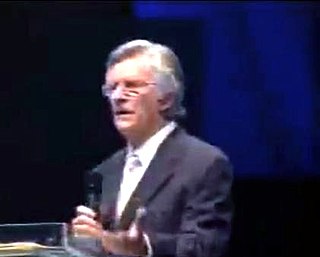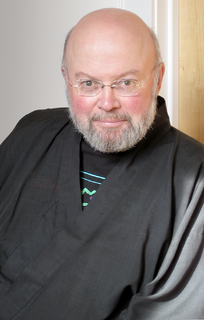A Quote by Henry David Thoreau
Our inventions are wont to be pretty toys, which distract our attention from serious things. They are but improved means to an unimproved end.
Related Quotes
Our inventions are wont to be pretty toys, which distract our attention from serious things. They are but improved means to an unimproved end, an end which it was already but too easy to arrive at; as railroads lead to Boston or New York. We are in great haste to construct a magnetic telegraph from Maine to Texas; but Maine and Texas, it may be, have nothing important to communicate.
All these things, social media or [smart] phones or the things that distract us from each other, are fairly new. They're all fairly new inventions, and I think we're in a stage where we sort of as a whole have gotten these new toys and we're just obsessed with playing with them. I feel like after a period of adjustment it will inevitably be a regression from where we are now.
Let us not be blind to our differences-but let us also direct attention to our common interests and to the means by which those differences can be resolved. And if we cannot end our differences, at least we can help make the world safe for diversity. For, in the final analysis, our most common link is that we all inhabit this small planet. We all breathe the same air. We all cherish our children's future. And we are all mortal.
The Word says, ‘Love not the world, neither the things that are in the world’ (1 John 2:15). Jesus warned, ‘Beware of covetousness: for a man’s life does not consist in the abundance of the things which he possesses’ (Luke 12:15). Things—our possessions—can tie us down to this world. While heaven and hell prepare for war, we go shopping. Eternal values are at stake! The end of all we know is near—and we are busy playing with our toys!
That reality is 'independent' means that there is something in every experience that escapes our arbitrary control. If it be a sensible experience it coerces our attention; if a sequence, we cannot invert it; if we compare two terms we can come to only one result. There is a push, an urgency, within our very experience, against which we are on the whole powerless, and which drives us in a direction that is the destiny of our belief.
We have resorted to every means to win back the position that Adam lost. We have tried through education, through philosophy, through religion, through governments to throw off our yoke of depravity and sin. All our knowledge, all our inventions, all our developments and ambitious plans move us ahead only a very little before we drop back again to the point from which we started. For we are still making the same mistake that Adam made - - we are still trying to be king in our own right, and with our own power, instead of obeying God's law.
That man is formed for social life is an observation which, upon our first inquiry, presents itself immediately to our view, and our reason approves that wise and generous principle which actuated the first founders of civil government, an institution which hat its origin in the weakness of individuals, and hath for its end the strength and security of all; and so long as the means of effecting this important end are thoroughly known and religiously attended to government is one of the richest blessings to mankind, and ought to be held in the highest veneration
We are so anxious to achieve some particular end that we never pay attention to the psycho-physical means whereby that end is to be gained. So far as we are concerned, any old means is good enough. But the nature of the universe is such that ends can never justify the means. On the contrary, the means always determine the end.
































